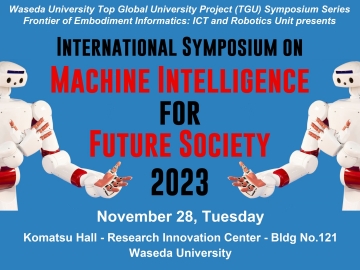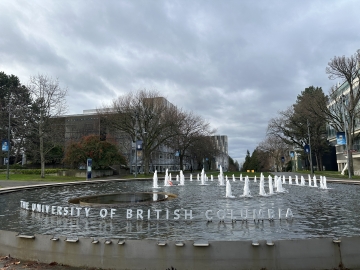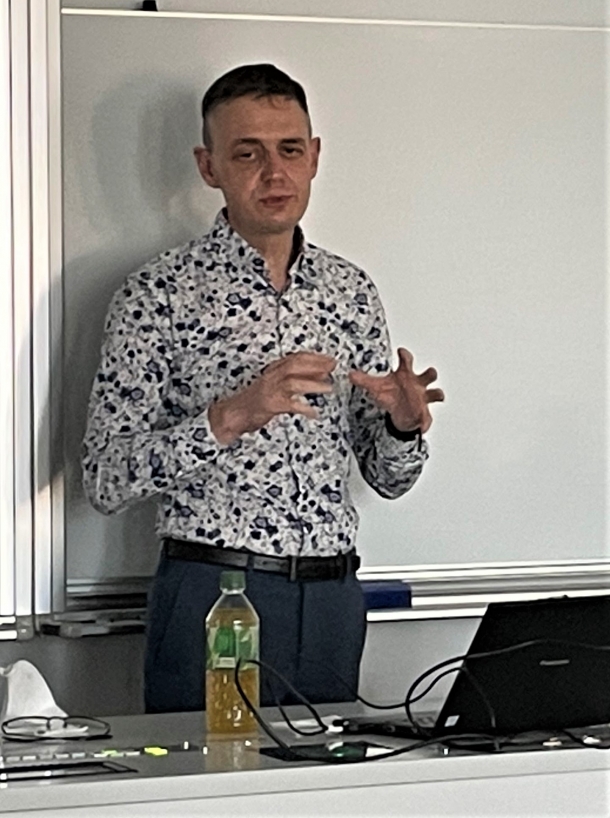
Dr. Steven Pickering
On January 12, 2023, the Center for Positive/Empirical Analysis of Political Economy invited Dr. Steven Pickering of the Department of Political Science and the Computational Social Sciences Program at the University of Amsterdam to give a special workshop on political science research using geostatistics, entitled “Two Tales of Geo-Political Science”.
In his first presentation titled “No sushi, please, we’re British: Japanese restaurants, fish and ship shops and political behaviour”, Dr. Pickering introduced a study linking restaurants to exclusionism and various other public opinion trends, showing specific data from the United Kingdom and the United States. While showing specific data from the U.K. and the U.S., he showed that exclusionist attitudes are more (or less) prevalent in areas where certain restaurants are concentrated, although he only showed correlations based on publicly available information.
Dr. Pickering then talked about his second report, “The right climate for conflict? Climate zones, organized violence and disease”, on the findings of a study that extended the research on the relationship between specific conflicts and weather conditions, which had been conducted only on conflict data from Africa, to South and Southeast Asian countries. He found that there are significant differences in variables between Africa and other regions, indicating the problem that past studies have been based only on findings from Africa.
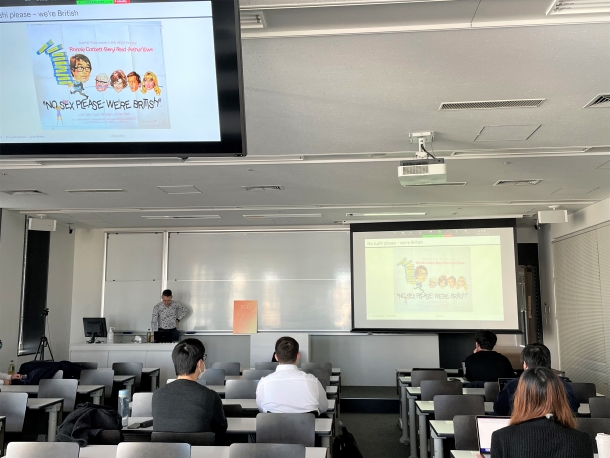
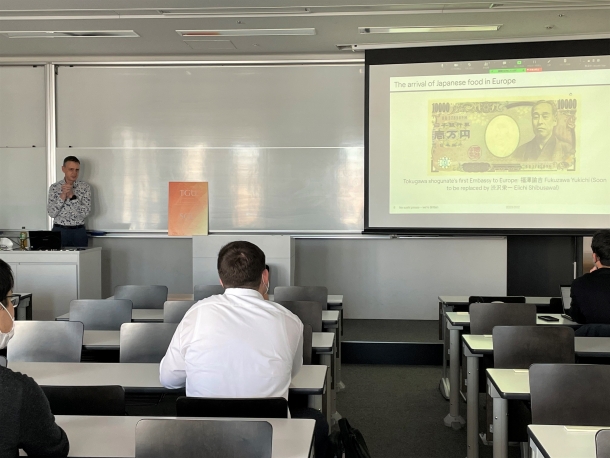
The Q&A session was very active, including online, and after the session, the following comments were heard from the students.
- I enjoyed the possibility of using geographic information data to analyze political science.
- I was inspired to try my own social science analysis using geographic information.
- The idea of linking restaurants and politics was very interesting. I could understand the possibility of computational social science.
Abstract
“No sushi, please, we’re British: Japanese restaurants, fish and chip shops and political behaviour”
When it comes to food, “no two countries are more unlike than England and Japan” (Ikeda 1956, 104). Indeed, 蓼食う虫も好き好き。 This may explain why Japanese restaurants are uniquely well-suited to explain the political geography of the UK. This paper shows that of the 63 different types of restaurant found in the UK, Japanese restaurants are better able to explain the distribution of anti-Brexit votes and anti-Donald Trump sentiment than any other type of restaurant. Moreover, Japanese restaurants are found in healthier areas, with lower levels of heart disease, epilepsy and pulmonary disorder. These areas are also more educated and more ethnically diverse. The opposite is the case for fish and chip shops, which are the yang to the Japanese restaurant yin.
“The right climate for conflict? Climate zones, organized violence and disease”
Existing research on climate change and organized violence has focused primarily in Sub-Saharan Africa. a region particularly vulnerable to climate variability and high levels of concertation of organized violence. Other regions such as South and South-East Asia have similar climates as sub-Saharan African countries, yet show much variation in conflict over time. There are few attempts to examine how other political and economic factors affect the relationship between climate and change to organized violence outside sub-Saharan Africa. We argue that the impact of climatic variation on conflict is shaped by other environmental factors such as prevalent communicable diseases and levels of urbanization in shaping local institutions. In our paper we compare such dynamics in the regions of sub-Saharan Africa and South-Asia. We bring together disaggregated data on organized violence with climatic data, such as frequency of droughts and other extremes, and also analyse georeferenced disease data, such as the parasite rate, incidence and mortality rates of malaria (Plasmodium vivax and Plasmodium falciparum). The paper aims to test the extent to which disease interacting with other environmental factors inhibits the opportunities for actors to engage in organized violence.
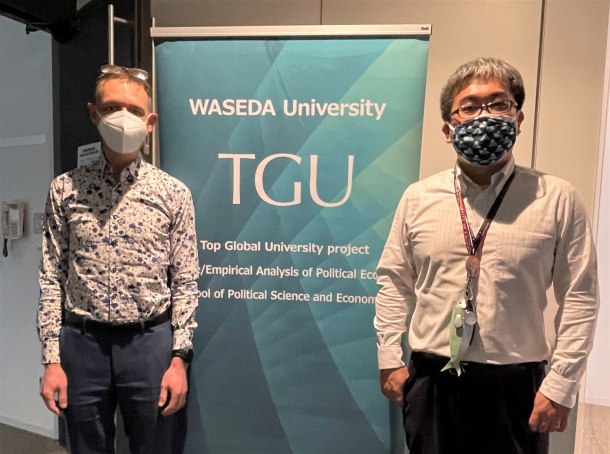
Dr. Steven Pickering (left) and Professor Atsushi Tago, Faculty of Political Science (right)

